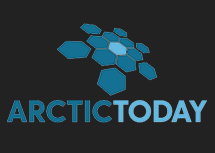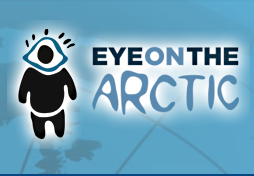Jokkmokk Iron wants to cooperate on sustainable mining operations
The company gathered about 15 experts, specialists and researchers in transport and logistics from Luleå University of Technology, several authorities and companies such as Sweco, BDX, Roxon and Nordkonsult, to discuss logistics solutions for transporting the ore from Kallak/Gállok out to the E45 highway.
If the mine goes ahead, it will involve transporting 7,500 tons of ore per day from Kallak to Jokkmokk.
"If you seriously want to be part of the green transition, it is of the utmost importance to find a transport chain that is fossil-free and therefore we look at all the new and innovative opportunities that are developing at a rapid pace right now. The logistics workshop was the first in a series of meetings aimed at identifying possible sustainable logistics solutions for transporting the ore from Kallak to the Inland Railway, on to the main line or Malmbanan to reach the ports in both the Baltic Sea and the Atlantic Ocean," says Ulla Sandborgh, CEO of Jokkmokk Iron.
The discussion led to four options to be further discussed, evaluated and analyzed: Industrial road with the possibility of electric power and self-driving vehicles. Conveyor belt with the above route. Pipeline with a route both above and below ground. Industrial track for trains.
Jokkmokk Iron is also in discussions with Inlandsbanan about the capacity of the track and the need for upgrading. They are going ahead with a project where the idea is to upgrade the Arvidsjaur - Gällivare section to meet the needs of industry.
It is far from clear that there will be mining in Kallak. The project is controversial. Last year the government granted the company a processing concession, subject to a number of conditions. The next step is an environmental permit for mining. There is strong opposition from affected Sami villages, nature conservation authorities and conservation organizations.
Lennart Håkansson
editor@northswedenbusiness.com




